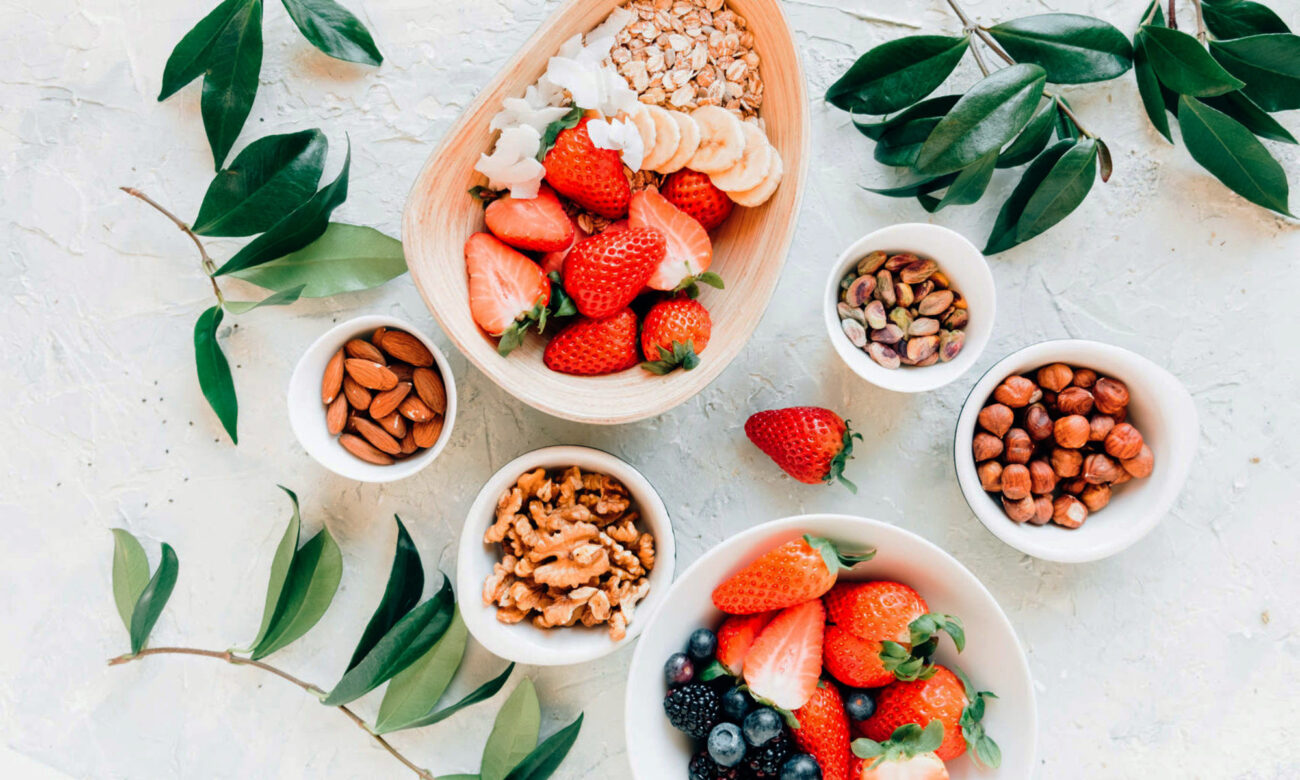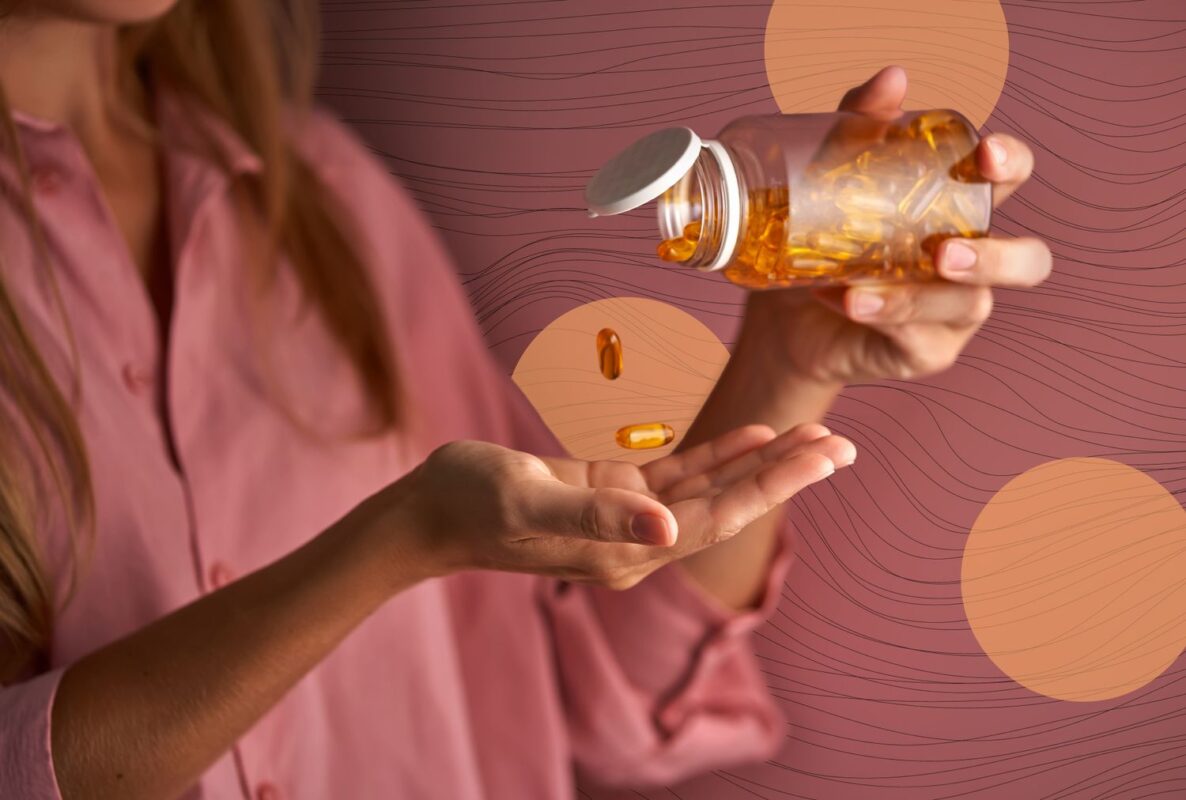Blog
Probiotics for mental health: what science says about the gut–brain connection

“There are some animal studies on this,” says Stengel, “and increasing evidence-based indications that certain probiotic bacterial strains called psychobiotics can have a positive influence on mood, stress and anxiety.”
Certain strains of lactobacilli and bifidobacterium stand out. Studies have shown that they reduce anxiety-like behaviour in animals, reduce stress in healthy test subjects, and lead to better sleep. “In irritable bowel syndrome patients, probiotics with bifidobacteria were even able to alleviate anxiety symptoms,” says Stengel.
These findings show that probiotics, when used in a targeted manner, also influence emotional balance. However, it’s important to note that the underlying mechanism is not yet fully understood. According to Stengel, it is assumed that the effect is achieved via modulation of inflammatory processes, nerve activity, and the regulation of stress hormones such as cortisol and neurotransmitters such as serotonin and dopamine—all of which happen along the gut-brain axis. Of course, these findings are primarily based on studies within specific groups and therefore cannot be generalised without further study.
A diet for a better mood
Every day life also plays an important role in the health of the microbiome—and our mental state. “A healthy diet is, of course, good for a healthy body,” says Stengel.
That doesn’t mean every “wellness” trend will work for everyone. Intermittent fasting, for example, may be unsuitable for people with pre-existing conditions or irritable bowel syndrome.
To that end, it’s important to take a balanced, individualized, and holistic approach. Prioritize the wellness basics of adequate sleep, hydration, nutrition, and movement: “It is important for everyone to drink enough fluids every day and to mindfully eat colourful, fresh, fibre-rich meals in a calm and relaxed atmosphere,” Stengel says. “Fermented foods, sufficient exercise, and daily relaxation also play a vital part.”
In other words, probiotics can be part of a comprehensive program—but it’s important to also factor in all aspects of health. “Yes, I do indeed see it that way,” says Stengel. “The only question is whether we really need to buy probiotics from the pharmacy or whether our microbiome can also be cultivated healthily through an appropriate pre- and probiotic diet,” she says. “Either way, the gut microbiome can influence our body both negatively and positively.”
This article first appeared on Vogue.de
Also read:
Fermented food rewired my gut (and my life)
The non-glam fibre foods your gut actually needs
The best time to take probiotics, according to experts












